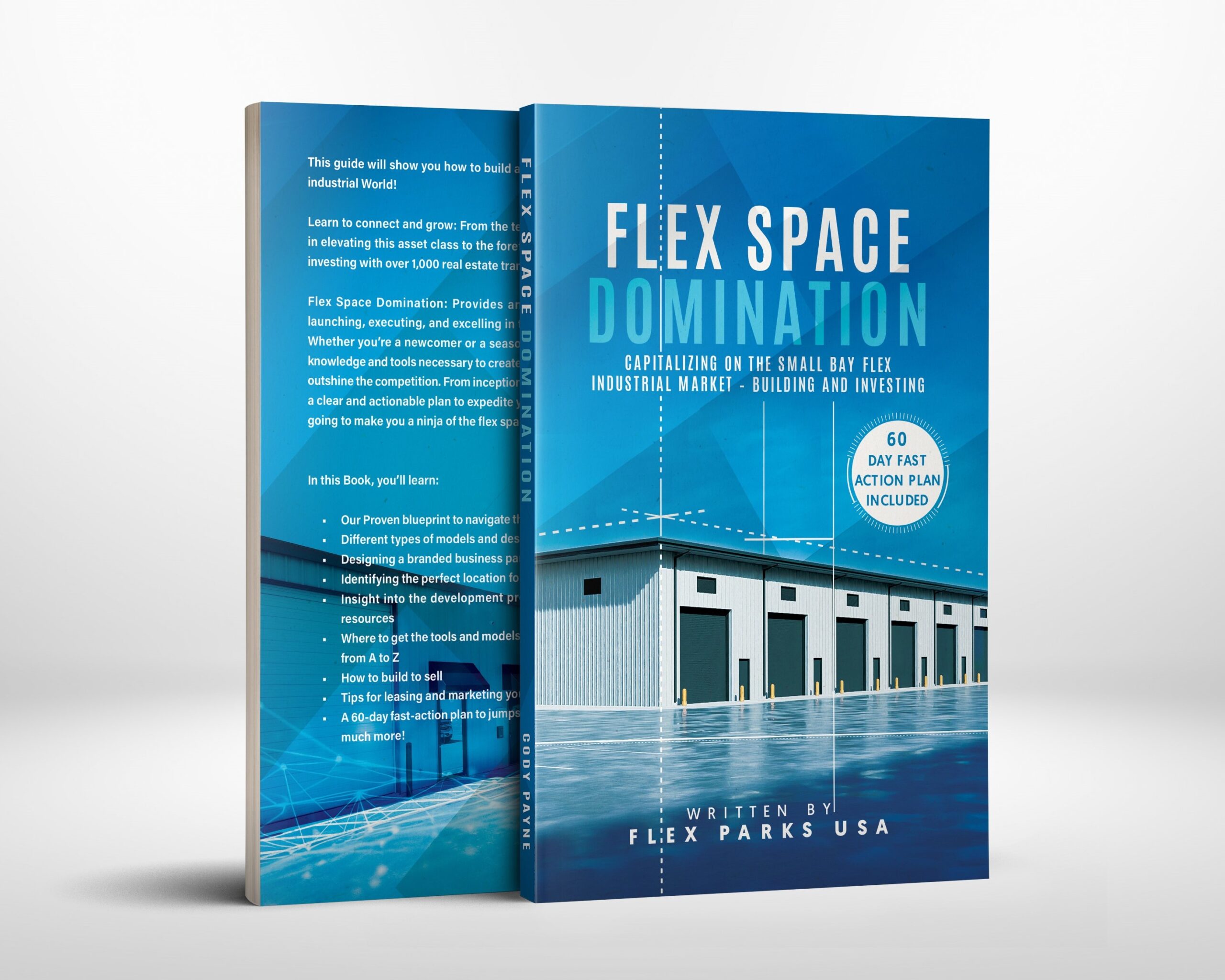In 1915, Marcel Duchamp purchased a snow shovel at a ironmongery store in New York Metropolis. He inscribed his signature and the date on its picket deal with. Tonight, the fourth model of this traditional “ready-made,” which he titled “In Advance of the Broken Arm,” will likely be auctioned off at Christie’s throughout their twentieth Century Night Sale. It’s estimated to promote for $2 million to $3 million.
How might a easy snow shovel be valued at such a steep worth? Was Duchamp an unmatched genius, or a product of a few of the greatest museums’ dirtiest little secrets and techniques: the outcomes of pure, unadulterated capitalism?
Northeastern College professor, essayist, poet, and editor Eunsong Kim has illuminated the underlying influences of business capitalism and racism behind a few of the most prized museum collections in her new ebook, The Politics of Accumulating: Race and the Aestheticization of Property. She traces how Duchamp was delivered to prominence by the patronage of collectors Louise and Walter Arensberg, heirs of a fortune wrought by the metal business. Their household operated metal mills in the identical setting as titans resembling Andrew Carnegie and Henry Clay Frick, whose wealth additionally underlies their very own invaluable artwork collections.


Left: {Photograph} by Alfred T. Palmer of Carnegie Metal Furnaces in 1941 (picture by way of Wikimedia Commons); Middle: Photograph by Beatrice Wooden of Louise Arensberg, Walter Arensberg, and Marcel Duchamp within the backyard at 7065 Hillside Avenue, Los Angeles, in August 1936 (picture courtesy Beatrice Wooden Middle for the Arts); Proper: Marcel Duchamp, “Bicycle Wheel” (1964; reproduction of 1913 unique) (picture Isabella Segalovich/Hyperallergic)
And because it seems, the “death of the author,” celebrated in conceptual artwork like that of Duchamp, is a handy concept for the ultrawealthy. Devaluing labor pairs properly with violent crackdowns on putting staff to disclaim them satisfactory pay. And even Frederick Winslow Taylor’s growth of “scientific management,” a system that’s nonetheless cited right this moment however relies on the idealization of the slave plantation.

How a lot of the Modernist archive was canonized by union-busting bosses? How a lot of conceptual artwork within the twentieth and twenty first centuries has been buoyed by the reverence of scientific administration? On this episode, Editor-in-chief Hrag Vartanian sits down to speak with Kim about her new quantity, which challenges generations of unquestioned obtained information and advocates for a brand new imaginative and prescient of artwork past cultural establishments. Within the course of, they focus on the craft of writing, how a White artist was counted as a Black artist on the 2014 Whitney Biennial, and the way Marcel Duchamp obtained away with promoting luggage of air.
Subscribe to Hyperallergic on Apple Podcasts and wherever else you take heed to podcasts. Watch the whole video of the dialog with photos of the artworks on YouTube.




